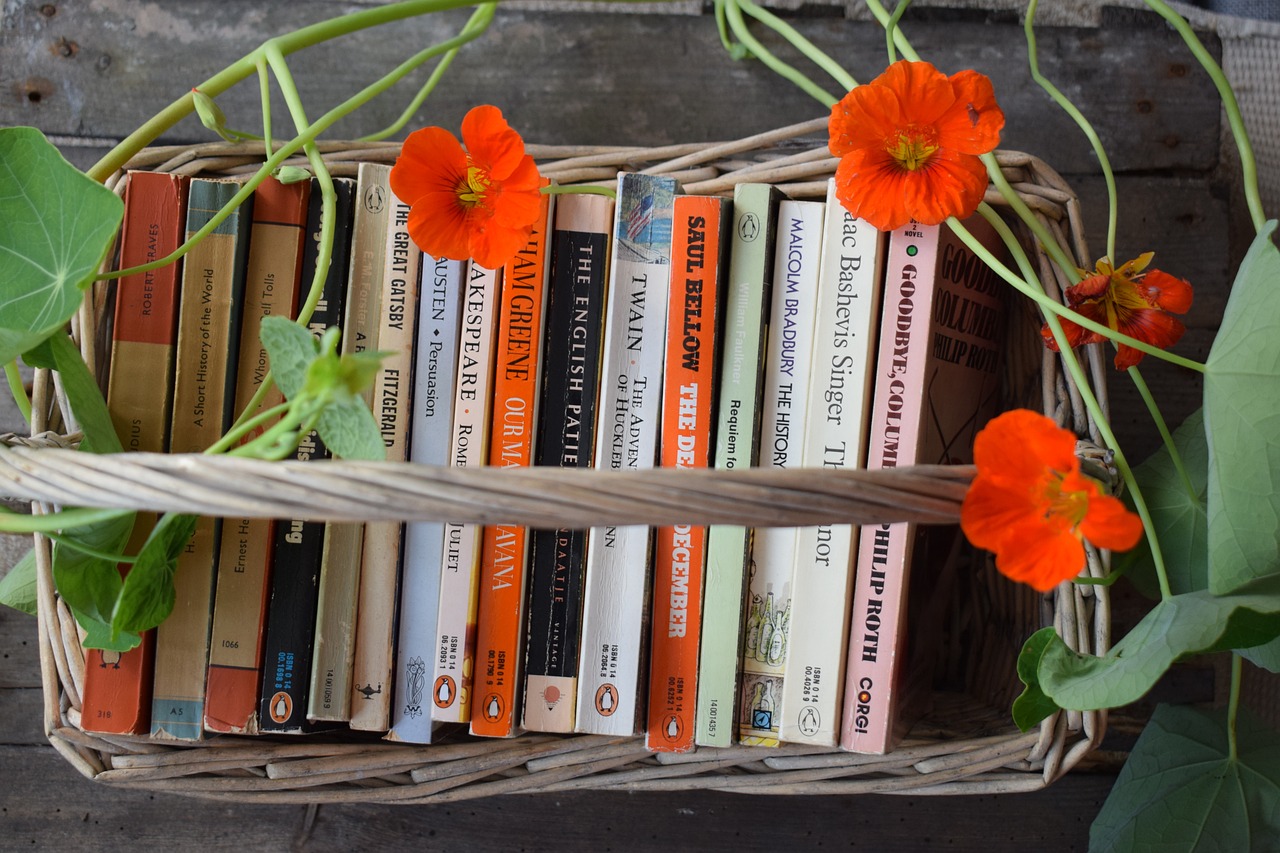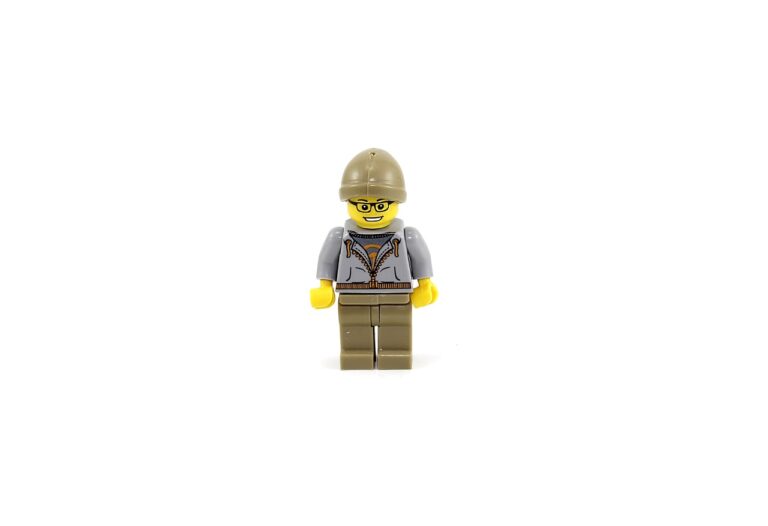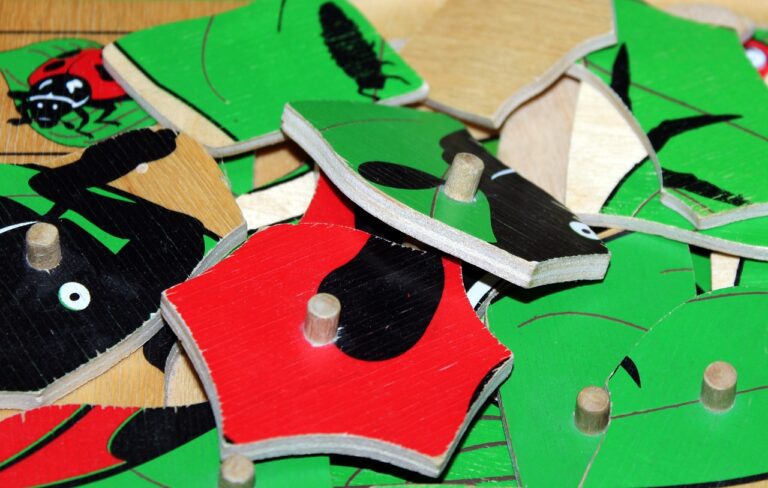Exploring Inclusive Practices for Children with Disabilities in Early Childhood Education: Silverexch.com, Goldenexchange, Betbook247.com
silverexch.com, goldenexchange, betbook247.com: Inclusive Practices for Children with Disabilities in Early Childhood Education
Inclusive practices in early childhood education are essential for ensuring that all children, regardless of their abilities or disabilities, have the opportunity to learn and grow together. Children with disabilities benefit from being included in regular classrooms where they can interact with their peers and receive the support they need to succeed. In this article, we will explore some of the best practices for creating an inclusive environment for children with disabilities in early childhood education.
Creating a Welcoming Environment
One of the first steps in creating a truly inclusive early childhood education program is to create a welcoming environment for all children. This includes ensuring that the physical space is accessible to children with disabilities and that all staff members are trained to work with children of all abilities.
Developing Individualized Learning Plans
Each child is unique, and children with disabilities are no exception. It is essential to create individualized learning plans for children with disabilities that address their specific needs and goals. This may include modifications to the curriculum, specialized instruction, or extra support from a teaching assistant.
Providing Ongoing Support and Training
Inclusive practices in early childhood education require ongoing support and training for teachers and staff. Professional development opportunities can help educators learn how to best support children with disabilities and create an inclusive classroom environment.
Encouraging Peer Relationships
Peer relationships are crucial for all children, including those with disabilities. Encouraging peer interactions and fostering friendships can help children with disabilities feel included and supported in the classroom. This can be done through group activities, buddy systems, or social skills training.
Promoting Positive Behavior Support
Children with disabilities may exhibit challenging behaviors, but it is important to address these behaviors in a positive and supportive way. Positive behavior support strategies can help children learn appropriate behaviors and build social skills while also reducing the likelihood of challenging behaviors.
Celebrating Diversity and Inclusion
Inclusive practices in early childhood education should celebrate diversity and promote a sense of belonging for all children. Creating a classroom environment that values and respects differences can help children with disabilities feel included and accepted by their peers.
FAQs
Q: How can I support a child with a disability in my early childhood education program?
A: Some ways to support a child with a disability include creating an individualized learning plan, providing extra support and accommodations, fostering peer relationships, and promoting positive behavior support.
Q: What are some common disabilities that children may have in early childhood education?
A: Common disabilities in early childhood education include autism spectrum disorder, learning disabilities, speech and language disorders, and physical disabilities.
Q: How can I advocate for inclusive practices in my early childhood education program?
A: You can advocate for inclusive practices by promoting professional development opportunities, creating a welcoming environment, fostering peer relationships, and celebrating diversity and inclusion.
In conclusion, inclusive practices for children with disabilities in early childhood education are crucial for ensuring that all children have the opportunity to learn and grow together. By creating a welcoming environment, developing individualized learning plans, providing ongoing support and training, encouraging peer relationships, promoting positive behavior support, and celebrating diversity and inclusion, educators can create a truly inclusive classroom environment for all children.







